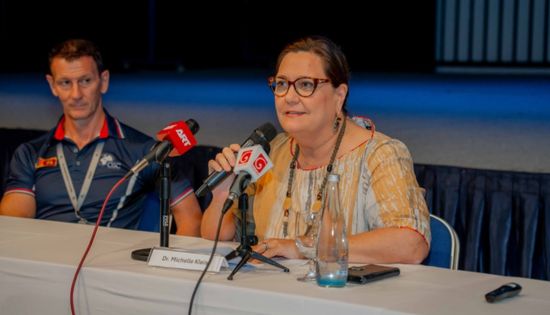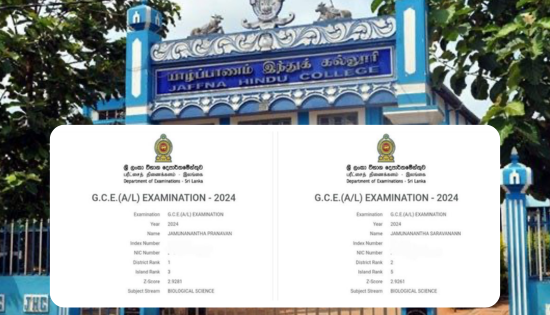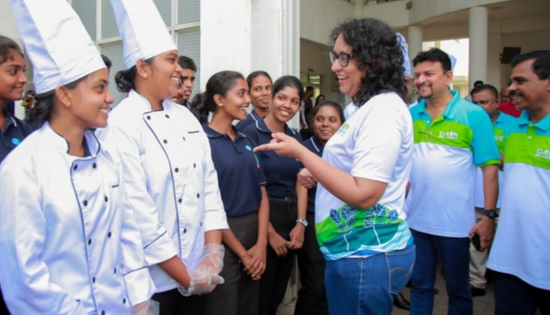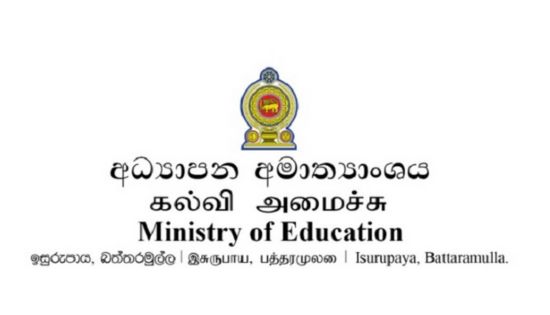MBBS vs MD: Understanding the Differences and Choosing the Right Path in Medicine
Bachelor of Medicine Bachelor of Surgery (MBBS) VS Doctor of Medicine (MD)

MBBS is an undergraduate degree and the first medical qualification awarded to students pursuing a career in medicine. The curriculum is comprehensive, covering foundational subjects like Anatomy & Physiology, Medical Biochemistry, Pathology, Pharmacology, and Microbiology, along with clinical subjects such as Paediatrics, Obstetrics and Gynaecology, Surgery, and Medicine.
Duration: Typically 5 years, divided into 2 ½ years of pre-clinical and 2 ½ years of clinical training.
Award: Upon completion, students are awarded the title of Dr./Doctor and are eligible to practice medicine after passing the country’s medical licensing exam.
Example: In India, students complete a 5.5-year MBBS program, including a one-year internship, before taking the licensing exam.
Doctor of Medicine (MD)
The Doctor of Medicine (MD) degree is perceived as a postgraduate or master’s qualification in many countries. However, in the USA, Canada, Europe, and some Eastern European countries like Belarus, Armenia, Latvia, and Georgia, the MD degree is considered a bachelor’s degree.
Duration: Typically 6 years, including 3 years of pre-clinical and 3 years of clinical study, along with a one-year internship.
Award: Graduates are awarded the title of Dr./Doctor and can practice medicine after passing the country’s medical licensing exam.
Example: In the USA, the MD is a postgraduate degree that requires a bachelor’s degree and completion of a 4-year medical program, followed by residency training in a specialized area of medicine.
Comparison
Structure: MBBS is an undergraduate degree, while MD can be either a bachelor’s or postgraduate degree, depending on the country.
Curriculum: Both degrees cover similar subjects, but the specific courses and duration may vary.
Prerequisites: MBBS typically requires strong grades in biology, physics, and chemistry at the high school level, while MD may require a bachelor’s degree for postgraduate programs.
Post-Graduation: Both degrees allow graduates to practice medicine after passing the country’s medical licensing exam.
In Sri Lanka, foreign medical students can practice after obtaining either an MD or MBBS degree from a university registered under the Sri Lanka Medical Council (SLMC). It is essential to ensure that the chosen university is listed under the SLMC when studying medicine abroad.
The general entry requirements to study MD/MBBS, according to the SLMC, include specific grades in biology, physics, and chemistry at the GCSE, Cambridge, or Edexcel Advanced level examinations.
Understanding the differences between MBBS and MD degrees can help aspiring medical students choose the right path for their career in medicine.
The general entry requirement to study MD/MBBS according to SLMC is 2C’s & 1S / 1D for GCSE, Cambridge or Edexcel Advanced level examination for biology, physics & chemistry in a single sitting.
Countries that offer MD or MBBS
Bachelor of Medicine Bachelor of Surgery (MBBS): Australia, China, Sri Lanka, Malaysia, Nepal, UK / United Kingdom, India, Bangladesh, Russia, Ukraine, Philippines, Kyrgyzstan, Kazakhstan
Countries that offer Doctor of Medicine (MD): Australia, Belarus, Canada, Georgia, Latvia, Russia, USA / United States, Armenia, United Kingdom, Germany, Ireland, New Zealand, Poland, Italy, Czech Republic.
Related News
Plans underway to integrate vocational training at school level – PM
Minister of Vocational Education, Prime Minister Harini Amarasuriya, says adequate attention is not drawn towards vocational education, but moving forward, necessary action…
Read MoreBBA (Hons) – Business Management – SLIIT
Employers prefer graduates with a broad skill set over those with specialized knowledge in today's fast-paced workplace. This demand is met by…
Read MoreCelebrating Innovation in Design : Uvinya Munasinghe Wins “Bench It” 2025
The City School of Architecture is shining with pride as one of its talented students, Uvinya Munasinghe, nailed the top spot in…
Read MoreSanitary pads for schoolgirls : announcement from Education Ministry
The 2025 programme to distribute sanitary pads to schoolgirls in Sri Lanka will be implemented exclusively through four commercial entities, the Education…
Read MoreApplication for Grade 1 Admission in Govt Schools 2026
Today, the Ministry of Education announced the release of instructions regarding the admission process for Grade One students in State schools for…
Read MoreCourses
-

IMC – Bachelor of Psychology
IMC Education Overview IMC Campus in partnership with Lincoln University College (LUC) Malaysia offers Bachelor of Psychology Degree right here in Sri… -

ANC – BA (Hons) International Business Management (Top-Up)
ANC Education Overview Designed in partnership with public and private business organizations, this program develops one’s ability to critically evaluate business models… -

IIT – BSc (Hons) Computer Science
IIT Campus Overview BSc (Hons) Computer Science provides a solid foundation and training regarding the fundamentals of the computer science field, along… -

APIIT – BSc (Hons) Cyber Security
APIIT Sri Lanka Overview Our BSc (Hons) Cyber Security award is designed to launch your future career in the protection of software… -

ICBS – BSC (Hons) Business Management with Marketing Management
ICBS Overview The BSc (Hons) Business Management with Marketing program, awarded by Queen Margaret University (QMU), is a highly regarded degree that… -

UTS – Diploma of Science
UTS College Sri Lanka Overview The Diploma of Science is designed to empower you to apply scientific thinking and analysis to important… -

CSA – Master of Architecture and Environmental Design
City School of Architecture Overview The Master of Architecture and Environmental Design Degree at CSA is awarded by the University of the… -

APIIT – BSc (Hons) International Business Management
APIIT Sri Lanka Overview Increasingly businesses are becoming more and more international. This requires business management professionals to have knowledge, skills and… -

IIT – BSc (Hons) Artificial Intelligence And Data Science
IIT Campus Overview The BSc (Hons) Artificial Intelligence and Data Science course is awarded by Robert Gordon University (RGU) in the UK… -

ICBS – International Degree Foundation in Business / IT
ICBS Overview The Scottish Qualification Authority (SQA) is a globally recognized organization dedicated to education and qualification development. SQA is responsible for… -

APIIT – BA (Hons) Finance and Business Enterprise
APIIT Sri Lanka Overview Finance and accounting are no longer just about taxation and the management of financial capital. This award will… -

APIIT – MBA General
APIIT Sri Lanka Overview The MBA is awarded by Staffordshire University, UK. This award is an advanced course of study in management… -

ANC – LLM in International Business & Commercial Law
ANC Education Overview This course is designed for graduates of law, business and finance in a legal or a corporate job role… -

AOD – BA (Hons) Fashion Design and Marketing
Academy of Design Overview The syllabus is from the UK’s Northumbria University, as one of their most revered flagship programmes and is… -

APIIT – MSc. Marketing Management
APIIT Sri Lanka Overview This MSc Marketing Management degree – awarded by Staffordshire University, UK is an advanced course of study in…
Newswire
-

New World Record from Wanindu Hasaranga
ON: July 5, 2025 -

Opposition Leader Warns of Looming Debt Crisis Without 5% Growth
ON: July 5, 2025 -

Thriposha to Launch 100 New Retail Outlets Across Sri Lanka
ON: July 5, 2025 -

Police slams Irresponsible Media Coverage of Seatbelt Regulations
ON: July 5, 2025 -

Over 5,000 Dengue Risk sites identified
ON: July 5, 2025










